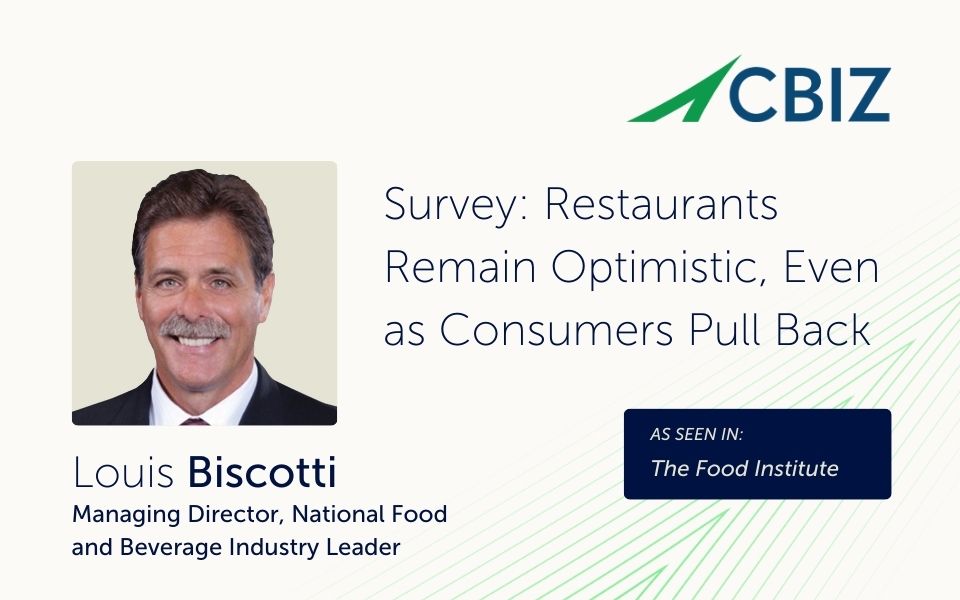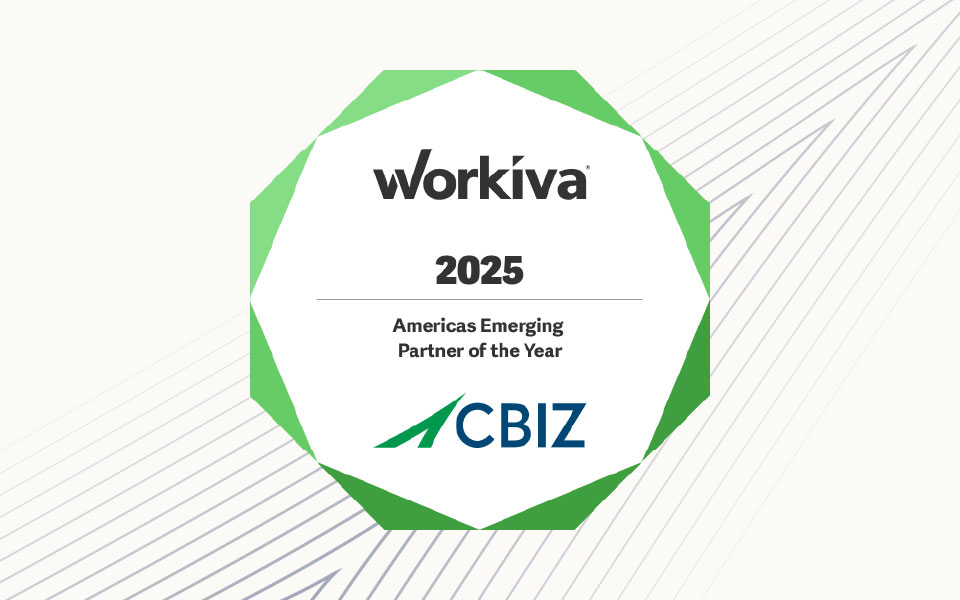The Republicans’ tax package breathes new life into Qualified Opportunity Zones (OZs). Established in 2017 as part of the Tax Cuts and Jobs Act (TCJA), the economic development tool provides tax incentives to real estate investors and developers for long-term investments in economically distressed areas across the country, aiming for a lasting impact. Investors who hold the investment for at least 10 years stand to gain the most. As approved by the House Ways and Means Committee on May 22, the budget bill includes certain advantageous provisions for investors and creates a “hibernation” period that the Senate may address.
Overview of Opportunity Zone Provisions in Budget Reconciliation Bill
The House budget reconciliation bill proposed several changes to the OZ program:
- Current OZs would expire at the end of 2026.
- A new round of OZ designation, from 2027 to 2033.
- Stricter income thresholds for eligible census tracts.
- A requirement that at least 33% of a state’s OZs be rural.
- Eliminated the designation of contiguous non-low-income census tracts.
- Capital gains deferral would be extended to the end of 2033 for new investments.
The bill does not:
- Make the OZ program permanent.
- Clarify the fund of funds status.
- Reinstate the 15% basis step-up for OZs held for seven-year.
Critical Dates for Opportunity Zone Investors
Capital Gains Deferral Deadline
While OZs do not have an expiration date, the tax incentives associated with investments in Qualified Opportunity Funds (QOF) have specific timelines. For example, investors can defer capital gains by investing them in QOFs, and the deferral lasts until the earlier of the sale or exchange of the investment or Dec. 31, 2026. In other words, while OZs are not subject to an expiration date, the tax benefits from QOF investments end with the Dec. 31 cutoff.
Early Expiration of 2018 OZ Designations
The House bill sets an early expiration date for the 2018 OZ designations. Instead of expiring on Dec. 31, 2028, they would now expire on Dec. 31, 2026. This change will likely create a gap in new investment activity, which is addressed below.
New Deferral and Inclusion Dates
Investors could defer gains from investments made after Dec. 31, 2026, and before Jan. 1, 2034, until Dec. 31, 2033. Again, gains invested under the original rules are recognized on Dec. 31, 2026.
Enhancements to the OZ Program
New Rural Opportunity Zone Designations
- The House language allows a 30% basis increase after five years of investments made through a Qualified Rural Opportunity Fund (QROF), which is triple the urban rate.
- If a building is located within an all-rural zone, the substantial-improvement requirement falls from 100% to 50% of the original basis.
- Treasury can designate up to one-quarter of a state’s eligible tracts, and at least one-third of those designations must be entirely rural. The downside is that some urban tracts would be lost to make up the difference.
Definition of Low-Income Community
- The House bill lowers the median family income threshold for census tracts within a metropolitan area to qualify as a low-income community from 80% to 70% of the state or metropolitan area median family income.
- Additionally, any tract with a median family income of at least 125% of the metro or statewide median would be barred.
Changes to Basis Step-Up Regime
- Under the House provisions, the two-tier step-ups of 10% and 5% would be replaced by a single 10% boost after five years.
Limitations of Ordinary Income Deferral
- OZ deferrals per taxpayer are capped at $10,000 of ordinary annual income and a total lifetime aggregate of $10,000.
- While ordinary income deferred in an OZ investment is eligible for the 10-year exclusion benefit, it is not eligible for the five-year basis step-up.
Senate Must Address “Hibernation” Period
The early expiration of the 2018 OZ designation described above marks the end of one program, with a one-year gap before the new provisions take effect in 2027. An investor would not be incentivized to invest between now and Dec. 31, 2026, because capital gain deferral would only be based on 19 months with no basis step-up available. If that investor waited until January 1, 2027, they’d be eligible for seven years of deferral, so taxes wouldn’t be due until the end of 2033, and they would have achieved a five-year holding period, giving them a 10% basis step-up.
This could inadvertently make it difficult for some funds to remain in operation. Significantly, the reconciliation bill includes OZ provisions, signaling that job creation, increased home values, and wage growth have been recognized. However, it will fall to the Senate to amend the bill to address some of these concerns.
How CBIZ Can Help With Qualified Opportunity Zones
CBIZ will monitor these QOZ provisions as the Senate deliberates the budget bill.
Please contact us if you have any questions.
© Copyright CBIZ, Inc. All rights reserved. Use of the material contained herein without the express written consent of the firms is prohibited by law. This publication is distributed with the understanding that CBIZ is not rendering legal, accounting or other professional advice. The reader is advised to contact a tax professional prior to taking any action based upon this information. CBIZ assumes no liability whatsoever in connection with the use of this information and assumes no obligation to inform the reader of any changes in tax laws or other factors that could affect the information contained herein. Material contained in this publication is informational and promotional in nature and not intended to be specific financial, tax or consulting advice. Readers are advised to seek professional consultation regarding circumstances affecting their organization.
“CBIZ” is the brand name under which CBIZ CPAs P.C. and CBIZ, Inc. and its subsidiaries, including CBIZ Advisors, LLC, provide professional services. CBIZ CPAs P.C. and CBIZ, Inc. (and its subsidiaries) practice as an alternative practice structure in accordance with the AICPA Code of Professional Conduct and applicable law, regulations, and professional standards. CBIZ CPAs P.C. is a licensed independent CPA firm that provides attest services to its clients. CBIZ, Inc. and its subsidiary entities provide tax, advisory, and consulting services to their clients. CBIZ, Inc. and its subsidiary entities are not licensed CPA firms and, therefore, cannot provide attest services.















